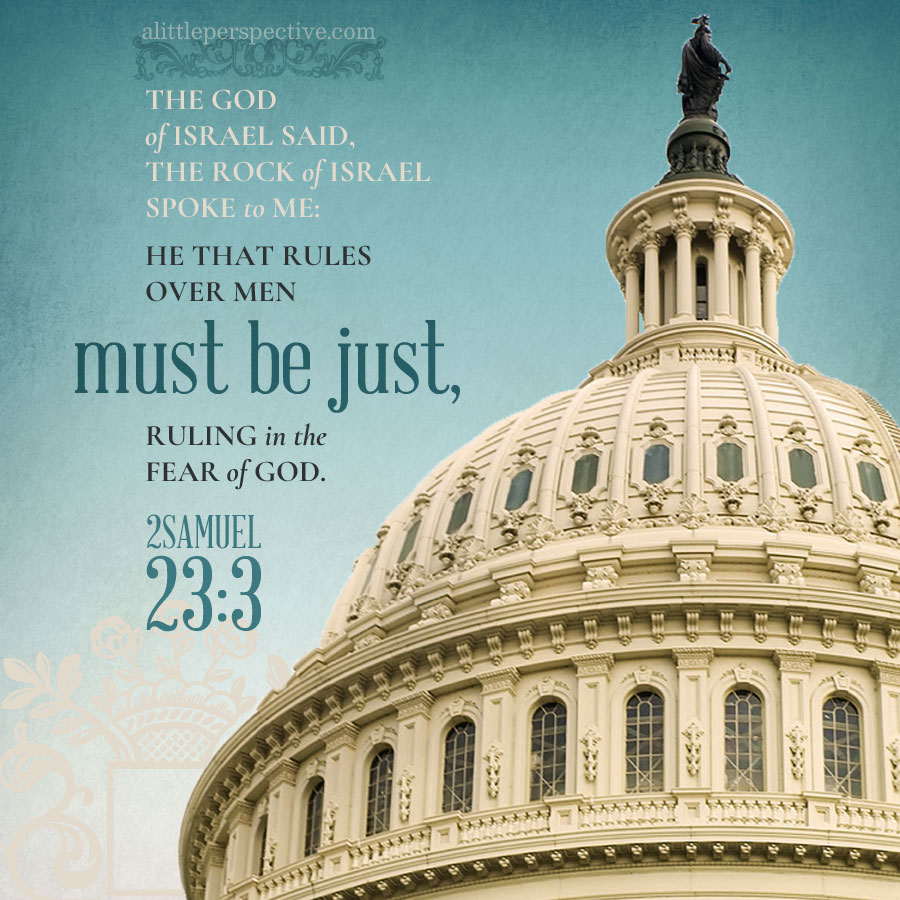Read 2 Samuel 23 here (text coming …) or at Bible Gateway.
The Hebrew paragraphs:
23:1-7 {p} The last words of David: The king who is coming from his house
23:8 {s} Josheb-Basshebeth, chief of David’s mighty men
23:9-10 {s} Eleazar, second of the three of David’s chief mighty men
23:11-12 {s} Shammah, third of the three of David’s chief mighty men
23:13-15 {s} David longed for the water of Bethlehem, when the Philistines were garrisoned there
23:16-17 {s} The three mighty men drew it for him, but he poured it out to YHVH
23:18-19 {s} Abishai, brother of Joab, chief of another three
23:20-39 {p} The names of the remaining mighty men of David, 37 in all
The Strong Theme:
23:8-39 {sx6+p} Names and deeds of David’s mighty men, 37 in all
2 Samuel 21:15-23:39 Chiastic Structure:
The central axis of the structure is the Messianic prophecy about the Anointed (Mashiyach, or Messiah) of God who will come from David’s house.
The covenant God made with David, that his house would produce the Messiah, who is to be King and Ruler, is the final covenant from the Hebrew Testament. The covenants God has made with man in Scripture are:
1) Eden: Gen 1.26-28, Gen 2.15-17; God’s blessing on His creation, man is to multiply and have dominion, and not eat the forbidden fruit.
2) Adam: Gen 3:14-19; curse on creation and serpent, punishment of work for mankind, but the promise of the seed of the woman given.
3) Noah: Gen 8:21-9:17; God will never flood the earth again, man is to multiply and establish human government as a deterrent to sin.
4) Abraham: Gen 12:1-3, Gen 15; God will establish descendants, land, and a blessing for Abraham.
5) Moses: Exo 19–24; God will be a husband to Israel, Israel is to obey the Torah (teaching) of the covenant.
6) David: 2 Sam 7:11-16; God will establish the son of David as the promised seed of the woman and the ruler of Israel.
7) Jesus: Isa 42:6, Jer 31.33, Luk 22.20; the son of Man, of David, and of God; the new covenant and the fulfillment of the covenants.
The Hebrew word for king comes from Strong’s H4427 מלך malak, a primitive verb meaning, “to reign.” The ancient pictographs are mem + lamed + kaph.
mem מ ם = water, thus chaos, mighty, blood
lamed ל = shepherd’s staff, thus teach, yoke, to, bind
kaph כ ך = open palm, thus bend, open, allow, tame
The parable being told by the Hebrew Root Word is of the mighty (mem, but may also carry the meaning of a blood line) who use their authority (lamed) to bless (kaph). We know from history that the bloodline kings used their authority to oppress, but this parable explains the duty of a king as it should be.
The Hebrew word for ruler comes from Strong’s H4910 משל mashal, a primitive verb meaning, “to rule, to have dominion.” The ancient pictographs are mem + shin + lamed.
mem מ, ם = water, thus chaos, mighty, blood
shin ש = two front teeth, thus sharp, press, eat, two, again
lamed ל = shepherd’s staff, thus teach, yoke, to, bind
The parable being told is of mighty (mem) pressure (shin) or coercion to bring under authority (lamed).
Scripture is again painting a Prophetic picture of Messiah as king or shepherd, who blesses His people who have willingly bowed their knee to Him as Lord, and Messiah as ruler, who subdues the people who have resisted His rule, until they bow their knee to Him as Lord.
For You are with me; Your rod and Your staff, they comfort me. Psa 23:4 (Messiah as king or shepherd)
You shall break them with a rod of iron; You shall dash them to pieces like a potter’s vessel. Psa 2:9 (Messiah as ruler)
If there are questions, this is a good resource:
Mashiyach, “Anointed,” Strong’s H4899 – Christine Miller


















Leave a Reply